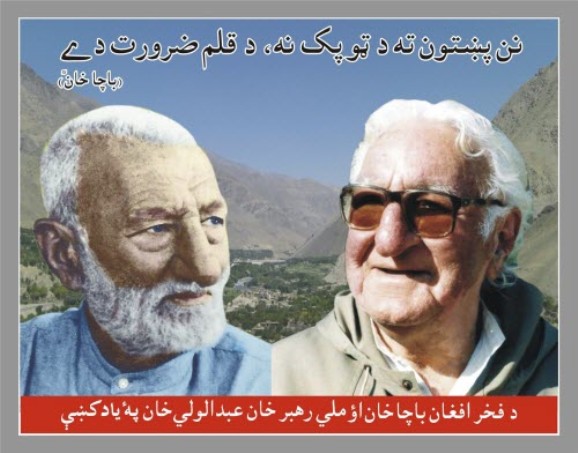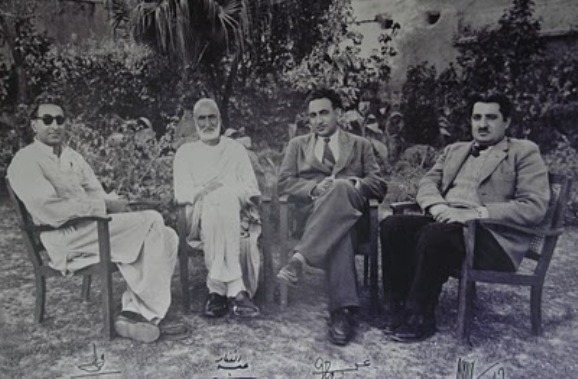ISLAMABAD: DG Operations and Planning Major Gen. Tahir Ashraf and the parliamentary leader of Awami National Party Haji Adeel Khan exchanged harsh words in the meeting of the Senate Standing Committee on Defence and Defence Production.
The meeting presided by Chairman standing committee Lt. Gen. (r) Javed Ashraf Qazi here in the Parliament House on Tuesday.
The exchange of harsh words began when Haji Adeel asked about the distribution of food items by the Army among the flood affectees.
Major General Tahir Ashraf said that they did not come in the meeting to organize their ‘postmortem or accountability’ by someone on which the ANP leader said that the country was not under martial law rule that Army Generals were showing ‘such attitude’.
The Secretary Defence Lt. Gen. (r) Athar Ali interfered and appeased the two participants of the meeting.
He said the Senators were having the right to ask about the matter adding they would satisfy the peoples’ representatives in connection with their questions.
Pakistan Army, Navy and Air Force officials briefed the committee about the rescue and relief operations in the flood-hit areas of the country.
The Secretary Defence admitted during the course of the meeting that no ‘exemplary’ response was seen in the beginning days of the floods.
He emphasized the need of creating coordination among all the institutes and organizations which were making efforts for the relief of the flood affectees.
The Army officials, on the occasion, said due to the lack of contacts between the Ministry of Foreign Affairs and the National Disaster Management Authority (NDMA), the foreign planes carrying aid for the flood victims could not land on the airports of the nearby cities.
The committee was informed that 22 helicopters would be given to Pakistan by the US and Japan in the mid of September.
The Army officials said the news that Chinese army had come to Gilgit Baltistan for relief work was wrong.
The Pakistan Navy officials said that one battalion and more than 90 boats took part in the rescue and relief operations in the flood-ravaged areas of the country.
They said 20 ton medicines were provided to the victims in the Navy camps adding the Navy personnel rescued 1, 65000 people and transferred them to safe places.
The Pakistan Air Force officials said they started rescue and relief efforts from July 29 while all the aircrafts including C1-30.
They said that 4, 000 Air Force personnel took part in the rescue and relief operations adding they carried aid goods to the flood-ravaged areas.
On the occasion, the Secretary Defence Athar Ali Shah said the planes carrying aid goods took off on Chaklala Airbase due to security situation of the country.
While briefing the committee about the relief efforts made by Army, DG Military Operations Brigadier Azhar maintained the floods broke the record of past 80 years as about 1645 casualties were reported due to the devastating calamity.
He further said that almost 79 districts of the country and 3.5 million square feet areas were affected.
He said that 72, 000 Army personnel were deployed for the rescue and relief operations in the calamity-hit areas.
He said that 950 boats and 70 helicopters were being used in the operations while, he added, the Army 217 relief camps were installed by the Army.
The meeting presided by Chairman standing committee Lt. Gen. (r) Javed Ashraf Qazi here in the Parliament House on Tuesday.
The exchange of harsh words began when Haji Adeel asked about the distribution of food items by the Army among the flood affectees.
Major General Tahir Ashraf said that they did not come in the meeting to organize their ‘postmortem or accountability’ by someone on which the ANP leader said that the country was not under martial law rule that Army Generals were showing ‘such attitude’.
The Secretary Defence Lt. Gen. (r) Athar Ali interfered and appeased the two participants of the meeting.
He said the Senators were having the right to ask about the matter adding they would satisfy the peoples’ representatives in connection with their questions.
Pakistan Army, Navy and Air Force officials briefed the committee about the rescue and relief operations in the flood-hit areas of the country.
The Secretary Defence admitted during the course of the meeting that no ‘exemplary’ response was seen in the beginning days of the floods.
He emphasized the need of creating coordination among all the institutes and organizations which were making efforts for the relief of the flood affectees.
The Army officials, on the occasion, said due to the lack of contacts between the Ministry of Foreign Affairs and the National Disaster Management Authority (NDMA), the foreign planes carrying aid for the flood victims could not land on the airports of the nearby cities.
The committee was informed that 22 helicopters would be given to Pakistan by the US and Japan in the mid of September.
The Army officials said the news that Chinese army had come to Gilgit Baltistan for relief work was wrong.
The Pakistan Navy officials said that one battalion and more than 90 boats took part in the rescue and relief operations in the flood-ravaged areas of the country.
They said 20 ton medicines were provided to the victims in the Navy camps adding the Navy personnel rescued 1, 65000 people and transferred them to safe places.
The Pakistan Air Force officials said they started rescue and relief efforts from July 29 while all the aircrafts including C1-30.
They said that 4, 000 Air Force personnel took part in the rescue and relief operations adding they carried aid goods to the flood-ravaged areas.
On the occasion, the Secretary Defence Athar Ali Shah said the planes carrying aid goods took off on Chaklala Airbase due to security situation of the country.
While briefing the committee about the relief efforts made by Army, DG Military Operations Brigadier Azhar maintained the floods broke the record of past 80 years as about 1645 casualties were reported due to the devastating calamity.
He further said that almost 79 districts of the country and 3.5 million square feet areas were affected.
He said that 72, 000 Army personnel were deployed for the rescue and relief operations in the calamity-hit areas.
He said that 950 boats and 70 helicopters were being used in the operations while, he added, the Army 217 relief camps were installed by the Army.







 8:28 PM
8:28 PM
 Muhammad Zai Khan
Muhammad Zai Khan

















